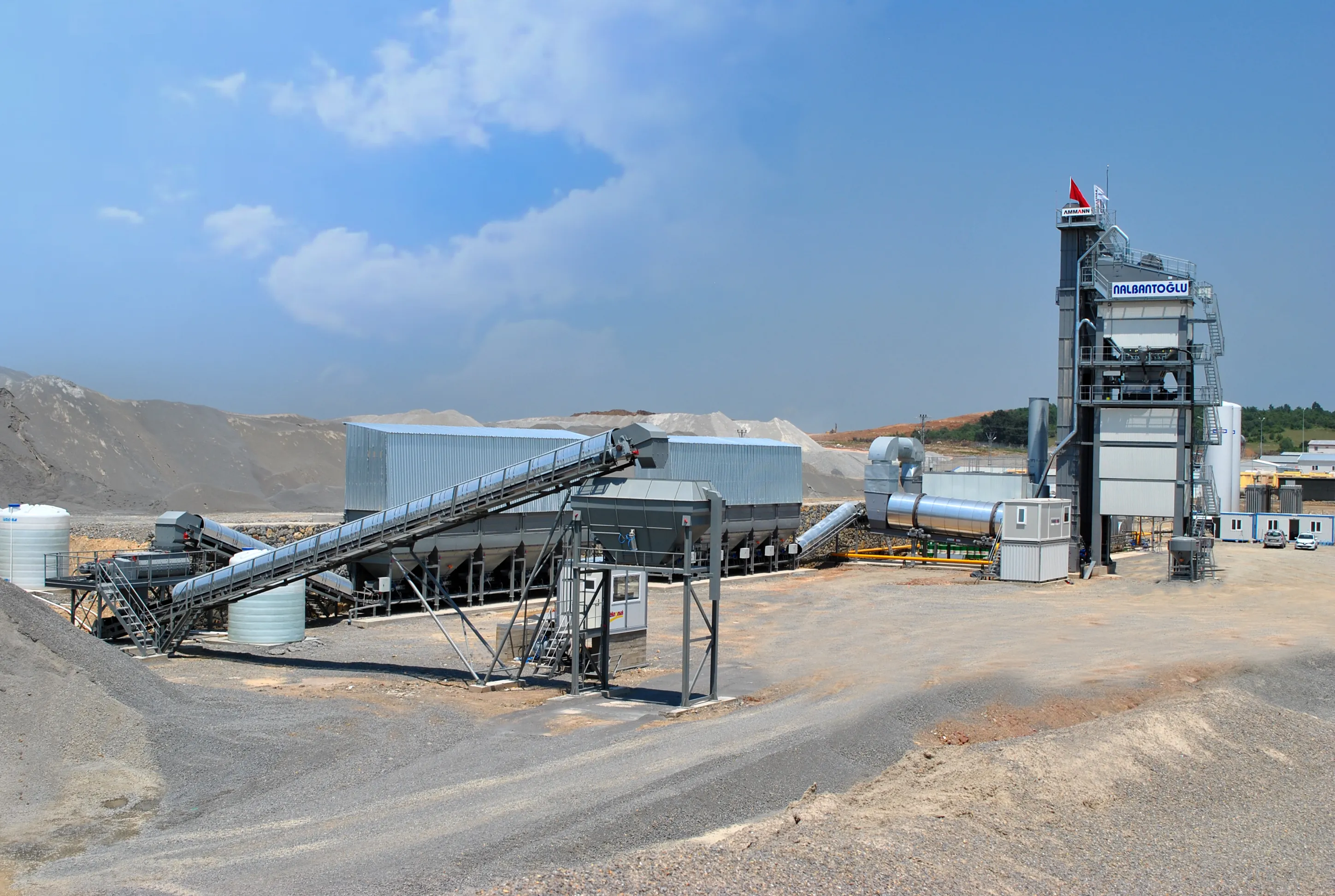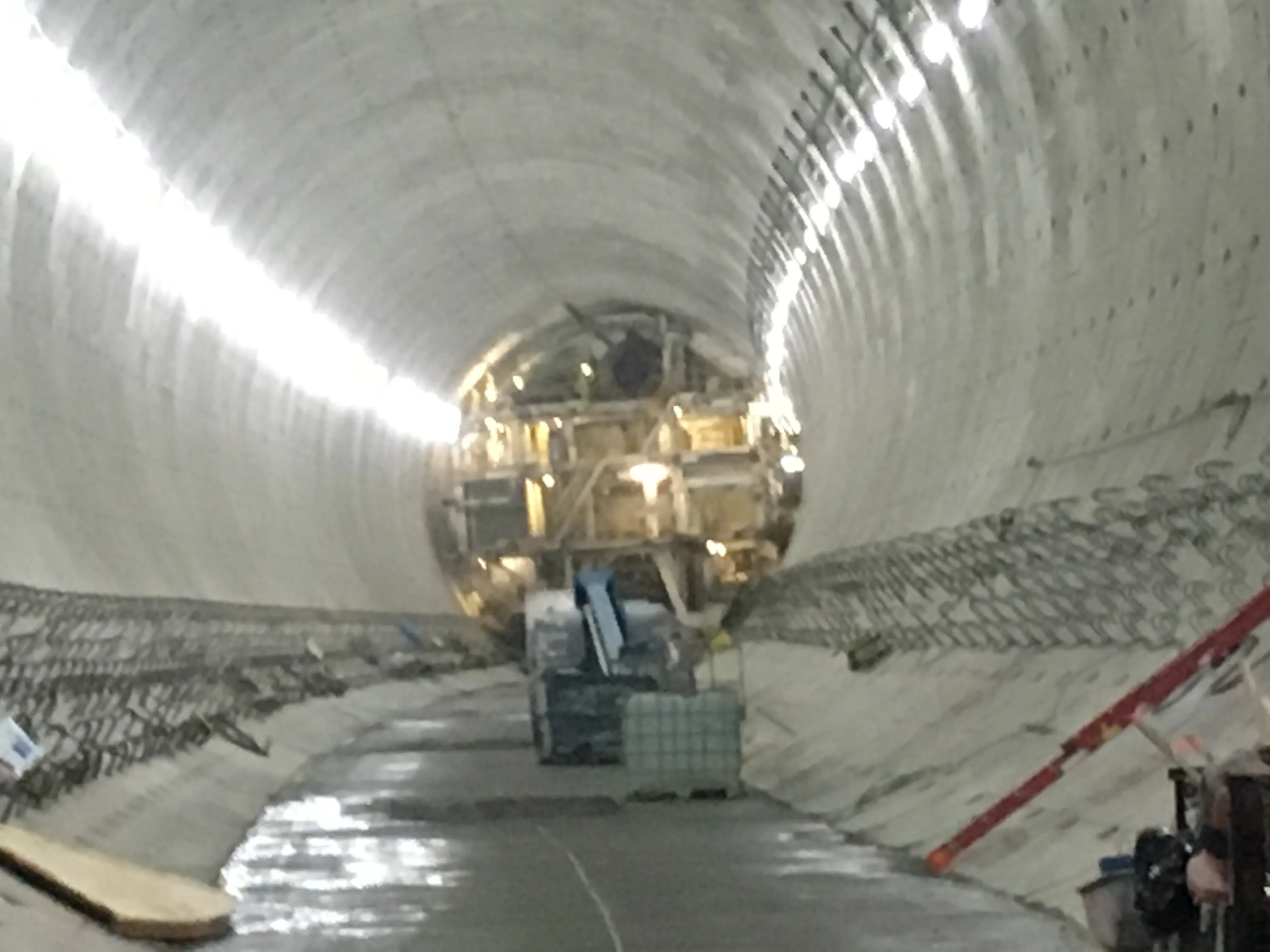The change to the key road’s design is from a single to dual carriageway along a section of the 445km transnational highway.
However, the
The road from Malindi on the Kenyan coast to Bagamoyo - formerly a key trading port in north-eastern Tanzania during colonial times - will cost around US$751 million, according to the Kenya-based newspaper Business Daily Africa. AfDB will fund about 70% of the project, with the two countries covering 30% of the total cost in their respective territories.
Work on the mega project that is expected to take 36 months but the start of construction has been delayed since 2016. It was expected to start this year, but a start is now not likely until next year.
Kenya’s transport and infrastructure secretary James Macharia said the new designs will ensure that the stretch from Mtwapa to Nyali in Mombasa - including the Mtwapa Bridge - is expanded from a single to dual carriage as in the previous designs.
“We had to change the designs to make sure we do not have a bottleneck at Nyali-Mtwapa area because traffic there is a very big problem,” Macharia reportedly said. “Designs for the [Mtwapa] bridge can be complex and need time to ensure it is done properly.”
Kenya started the tendering process for contractors to do feasibility studies and environmental impact assessments last month; Tanzania has already completed this aspect of the project inside their borders.
“Tanzania is moving faster than Kenya, but since it is a multinational project, the two countries have to come together,” said Gabriel Negatu, the AfDB director-general for business development and delivery in East Africa. “Once the detailed designs are done, we will proceed either this year or next.”
The 250km Kenyan section of the transnational highway starts in Malindi and runs through Mombasa and on to Lunga Lunga at the border with Tanzania. Most of the project is rehabilitation of the existing road.
It will then cross into Tanzania through Tanga port and stretch 175km to Bagamoyo, a world heritage town as designated by the United Nations Educational, Scientific and Cultural Organisation (
This will be the third transnational road project by the two countries. Previous projects included the are the $260 million Arusha-Namanga-Athi River Road.
Mombasa-Tanga link faces delays over design changes
Kenya has blamed design changes for delaying the start of work on a road linking the port of Mombasa to the Tansanian port of Tanga.
The change to the key road’s design is from a single to dual carriageway along a section of the 445km transnational highway.
However, the African Development Bank (AfDB), the principal financier of the project, said the Kenyan government itself was slow in completing preliminary studies, such as road designs, in order to start construction.
April 10, 2018
Read time: 3 mins
Kenya has blamed design changes for delaying the start of work on a road linking the port of Mombasa to the Tansanian port of Tanga.







